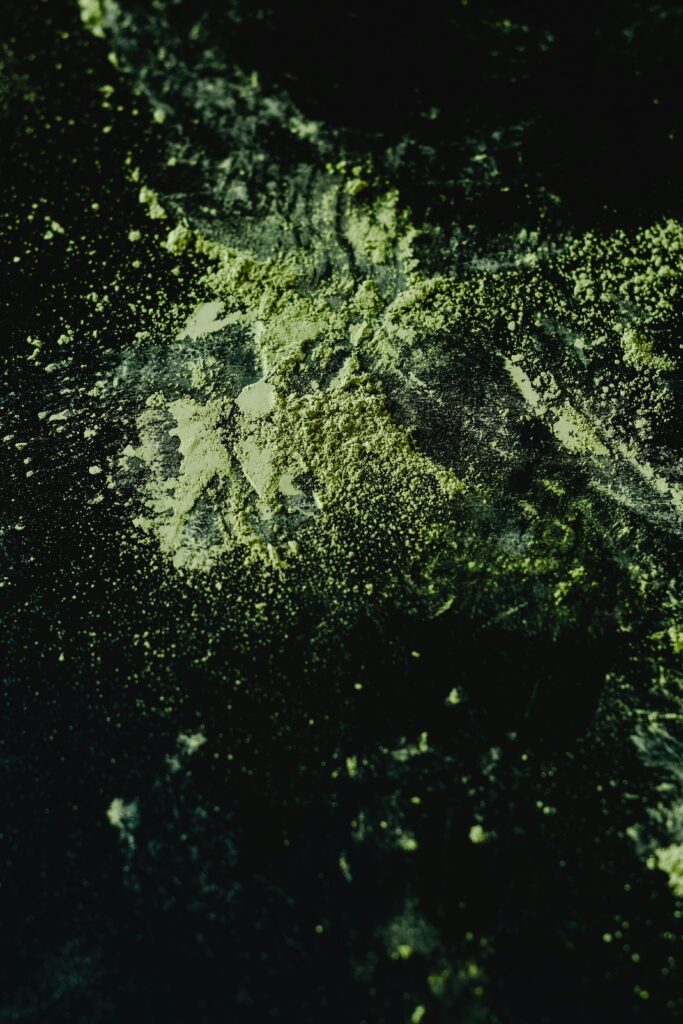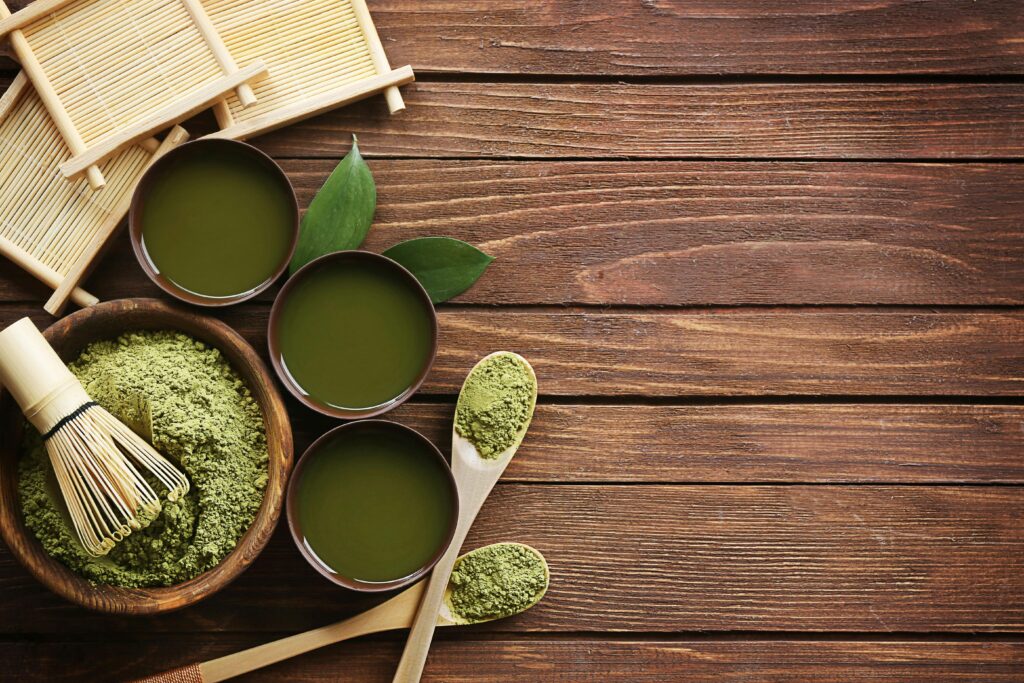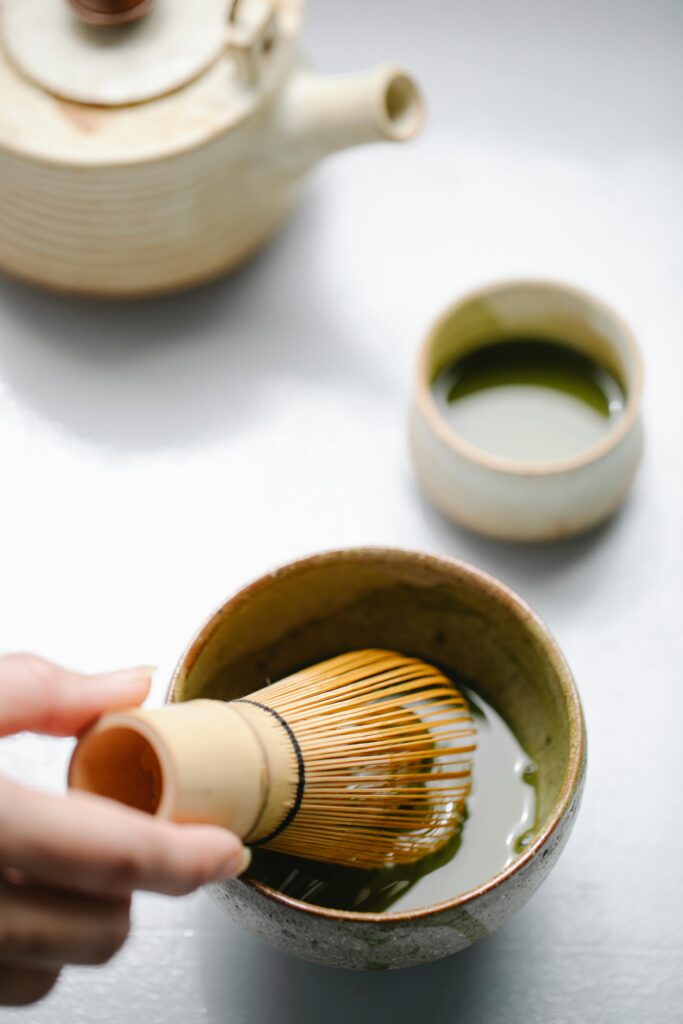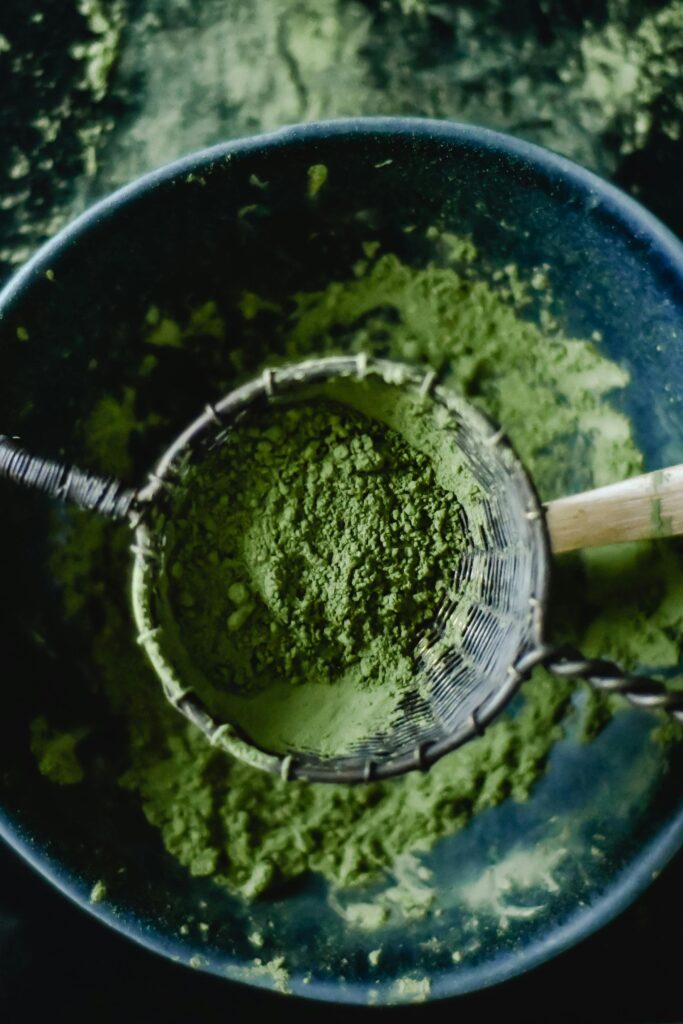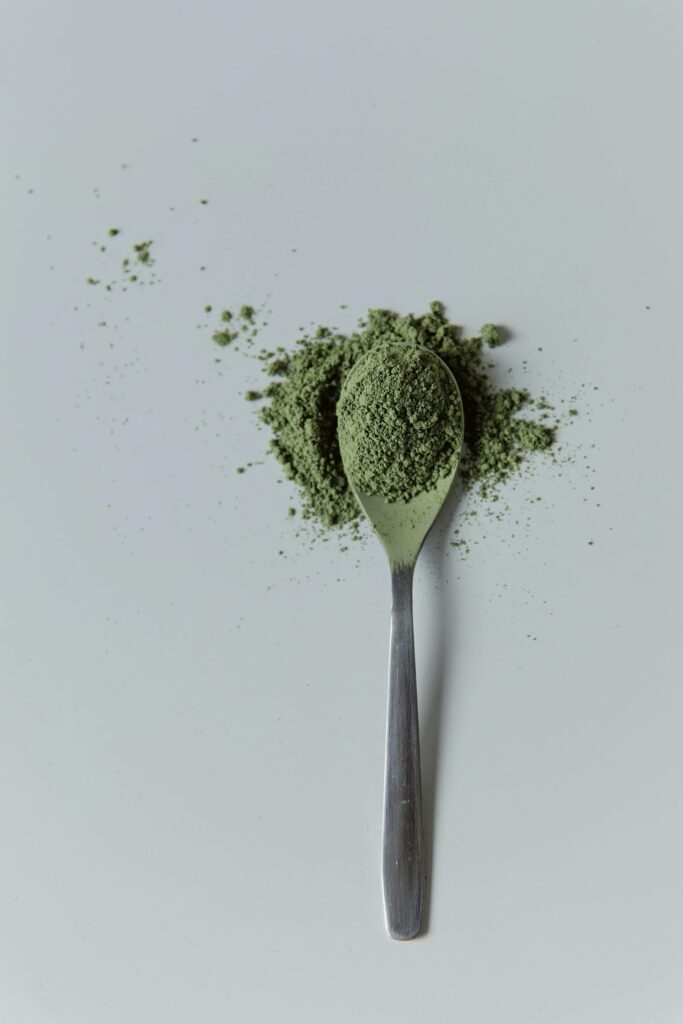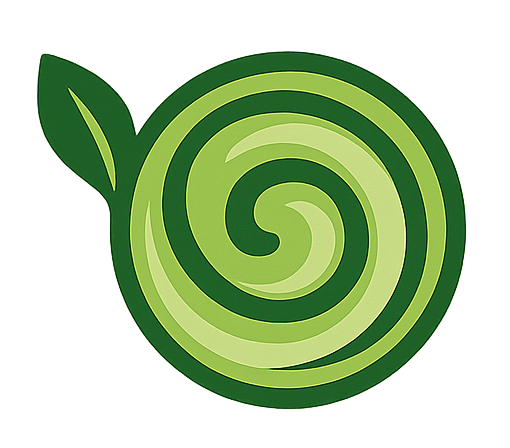Defining JAS Organic Certification
JAS Organic is Japan’s official organic certification standard regulated by the Ministry of Agriculture, Forestry, and Fisheries (MAFF). This certification ensures that agricultural products, including matcha, meet strict organic production requirements.
The Japanese Agricultural Standard (JAS) serves as Japan’s equivalent to USDA Organic certification. Products carrying the JAS Organic logo must contain at least 95% organic ingredients and comply with comprehensive production standards that prioritize environmental sustainability and consumer safety.
Core Requirements for JAS Certification
The certification process demands rigorous compliance across multiple areas. Producers must demonstrate commitment to organic integrity through documented practices and regular audits.
Key requirements include:
- A conversion period of 2-3 years without prohibited substances before certification
- Complete prohibition of synthetic chemical fertilizers and pesticides
- Zero tolerance for genetically modified organisms (GMOs)
- Appointment of certified production process managers
- Comprehensive documentation and traceability systems
How JAS Organic Standards Work for Matcha Production
Matcha producers seeking JAS certification must transform their entire cultivation approach. The standards emphasize soil health and natural farming methods that build long-term sustainability rather than short-term yields.
Prohibited Substances and Methods
JAS Organic regulations maintain strict prohibitions on synthetic inputs. Chemical fertilizers and pesticides have no place in certified production systems.
Natural alternatives include crop rotation, organic compost, and biological pest control methods. These approaches support biodiversity while maintaining soil fertility over time. Producers must prevent contamination from non-organic sources throughout cultivation, processing, and storage.
Certification Process Steps
Obtaining JAS Organic certification follows a structured pathway:
- Transition tea fields to chemical-free management for the required conversion period
- Establish documentation systems tracking all production activities
- Appoint certified managers to oversee organic compliance
- Submit to third-party inspection by MAFF-accredited certification bodies
- Pass audits demonstrating adherence to all JAS standards
- Receive authorization to display the JAS Organic logo
Comparing JAS Organic to Other Certification Systems
While organic certifications share common principles, important differences exist between major standards. Understanding these distinctions helps consumers and producers navigate international markets.
JAS vs. USDA Organic Standards
JAS certification applies stricter restrictions on certain agricultural inputs than USDA standards. For example, potassium chloride fertilizer is completely prohibited under JAS but allowed conditionally under USDA organic rules.
The conversion period differs as well. JAS typically requires 2 years of chemical-free farming, while USDA mandates 3 years before organic certification.
JAS vs. European Union Organic Standards
JAS standards emphasize formal grading systems for organic products, a requirement not as prominent in EU regulations. Both systems prohibit GMOs and synthetic pesticides, but JAS maintains more stringent policies on specific fertilizer types.
The EU also requires a 3-year conversion period, making JAS certification potentially faster to achieve. However, JAS demands more detailed process controls and documentation throughout the supply chain.
Why JAS Organic Matters for the Matcha Community
Certification impacts multiple stakeholders across the matcha supply chain. Each group derives distinct benefits from JAS Organic standards.
Benefits for Consumers
JAS Organic certification provides verified assurance that matcha contains no harmful chemical residues. Health-conscious consumers can trust that their tea supports both personal wellness and environmental sustainability.
The certification creates transparency in a market where quality claims can be difficult to verify. Third-party audits and government oversight eliminate guesswork about production methods.
Advantages for Brands and Vendors
For matcha brands and vendors, JAS certification opens access to premium market segments. Many retailers and international markets require organic certification for product listing.
The certification also differentiates products in competitive marketplaces. Consumers increasingly seek organic options, making JAS certification a valuable marketing asset that commands higher price points while building brand credibility.
Impact on Tea Farmers and Producers
Japanese tea farmers benefit from premium pricing that offsets the costs of organic farming practices. JAS certification also provides access to export markets where organic certification is mandatory.
Beyond economics, the standards promote sustainable agriculture that preserves soil health for future generations. Many farmers report improved long-term yields and reduced input costs once organic systems mature.
Key Takeaways About JAS Organic Certification
JAS Organic represents Japan’s rigorous approach to organic agriculture, ensuring matcha meets high standards for purity and sustainability. The certification requires 2-3 years of chemical-free farming, prohibits synthetic inputs and GMOs, and demands comprehensive documentation throughout production.
While similar to USDA and EU organic standards, JAS maintains stricter requirements on certain agricultural inputs and emphasizes detailed process controls. For the matcha community, JAS certification delivers verified quality assurance for consumers, market advantages for brands, and sustainable practices for producers.
When shopping for matcha, look for the JAS Organic logo to ensure your tea meets these stringent standards. This certification guarantees transparency and quality in an industry where such verification makes a meaningful difference.
Frequently asked questions
We’re here to help with all your questions and answers in one place. Can’t find what you’re looking for? Reach out to our support team directly.
Discussion: Definition of JAS Organic in the matcha glossary
